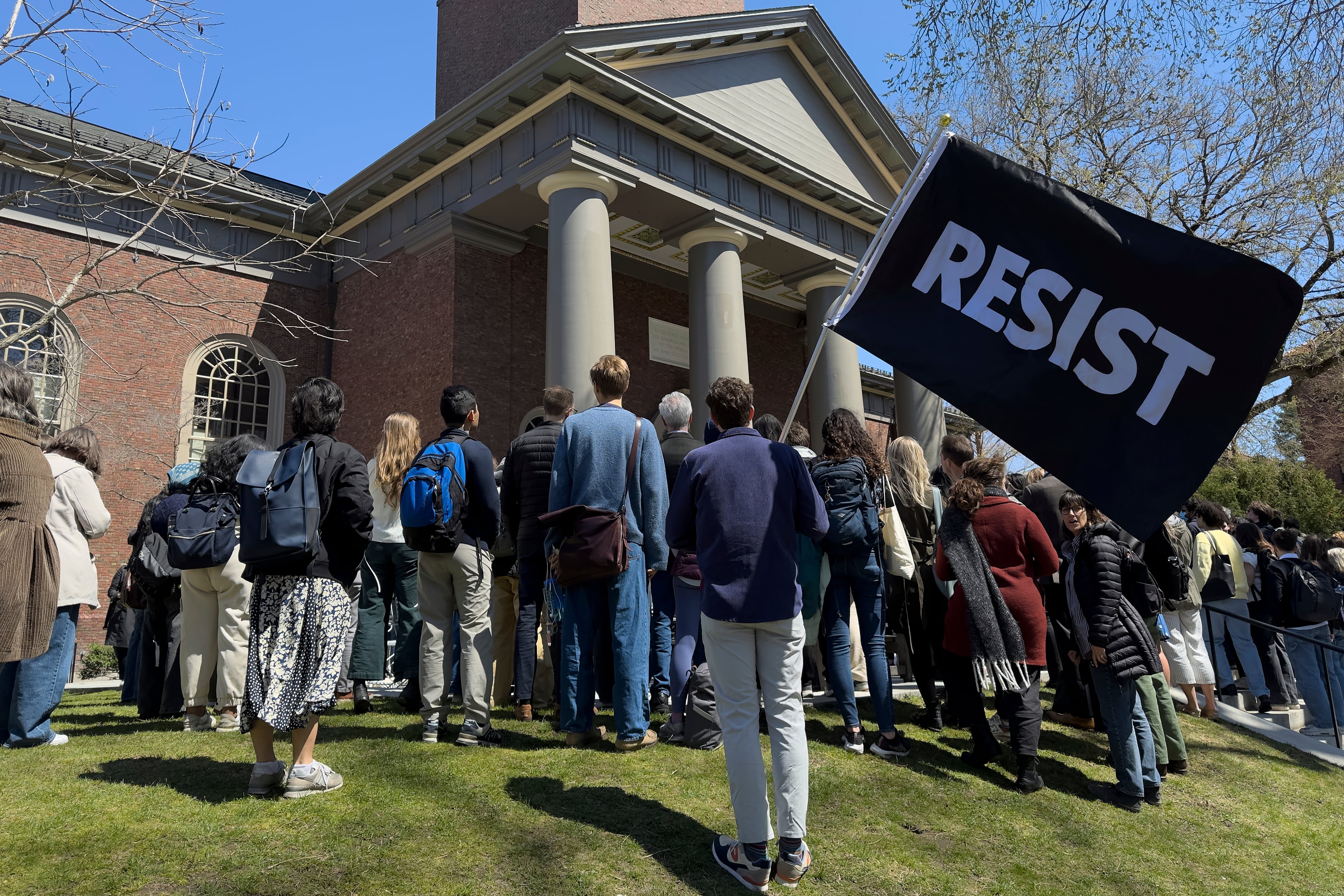The U.S. decision to withdraw forces from Syria has sparked a fury of debate among active, reserve and retired military officers. As a combat veteran and one still serving as a major in the U.S. Army Reserve, I assure you these conversations are always within the spirit of the oath we took to support and defend the Constitution of the United States.
Army Secretary Ryan McCarthy stated that he encourages “candor” among Soldiers in regard to national policy decisions. I will therefore use this invitation to clarify three points and propose a solution by which our voices can be heard.
First, many serving military members and veterans are deeply in tune with geopolitics and U.S. foreign policy. We have been the right arm of American foreign policy for centuries. Secretary McCarthy stated how it is important that “the complexity of the situation” is explained to soldiers. Let me be very clear: We understand these complexities. We are cognizant of Turkey’s role as a NATO ally and that realpolitik sometimes requires a nuanced approach. The dynamic between Turkey and ethnic Kurds is an endemic and generational issue which claimed thousands of lives on both sides prior to the genesis of ISIS.
We are also very aware that the Kurds, who assisted us in defeating ISIS, are now allying themselves with our foes out of existential necessity.
Second, our conscience compels us to act or speak out when we believe a course of action is wrong. Part of the military education of an officer is extensive ethics training and I believe our military leaders measured their actions appropriately.
I remember a case study prior to my commissioning as an officer that involved the Hutu-led genocide of Tutsis in Rwanda during 1994. Specifically, a contingent of Belgian soldiers led by Capt. Luc Lemaire were ordered to abandon over 2,000 Tutsis at the Dom Bosco School in Rwanda to let them die at the hands of thugs armed with machetes. The point of the exercise was to generate discussion on whether the Belgian commander could have used ethics to justify disobeying a lawful order and to reflect on what we would do as individuals in a similar situation.
We had the luxury of hindsight but in real life scores of innocents were mercilessly slaughtered at Dom Bosco. There were legitimate arguments on both sides that afternoon and my peers and I all left silently hoping we would have the moral courage to do the right thing if ever faced with such a situation. Because of the rigorous debate in case studies such as this, I am confident our senior officers would not put our troops in such a grave and precarious position as that of Capt. Lemaire.
Army 1st Lt. Erhen Watada was court-martialed over his refusal to serve in the war in Iraq on the grounds that he claimed the conflict was unconstitutional. I wholeheartedly disagree with his logic and subsequent actions but I do believe he followed his conscience in earnest. For the record, 1st Lt. Watada did volunteer to serve in Afghanistan and believed in the justification of U.S. involvement in that conflict.
Many fellow officers disagreed with his course of action but his disobedience was an option. Unlike Belgian Capt. Lemaire, 1st Lt. Watada had more than a day to contemplate.
Third, while those of us still serving do not have the luxury of publicly criticizing certain policies, we do have other means of expressing our opinions. Service members are sometimes limited in our 1st Amendment right to free speech but we do vote. We also write our elected officials and our chosen lobbyists to speak out on our behalf. Some of us also speak out under the guise of anonymity.
We are honor-bound to fulfill our commitments but at their conclusion we do have the option to resign our commissions and to not reenlist. These valid options are certainly less dramatic than a Rwandan case study or a public statement denouncing policy but they are still a means to affect a change or spark a discourse that we are passionate about.
Secretary McCarthy welcomes “candor” but he also stated “when policy decisions are made, we salute and move out.” This is true. We can also attempt to persuade our superiors if we believe there is a better course of action. Nothing is more sacrosanct to us than the privilege to serve and as veterans and military members we must perpetually bear sacrifices and risks.
We also appreciate the sentiment not to unnecessarily endanger American lives and to put an onus of responsibility on other nations for the security and well-being of the world. But since our quick departure from Syria has been condemned by a bipartisan House of Representatives, we deserve a private conversation with our leaders that is without fear of reprisal. I believe that is reasonable.
Jay Zwirblis is a combat veteran, Army Reserve officer and small business owner. He is a graduate of the U.S. Naval Academy and the Harvard Kennedy School.




